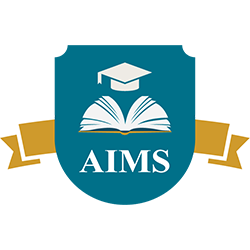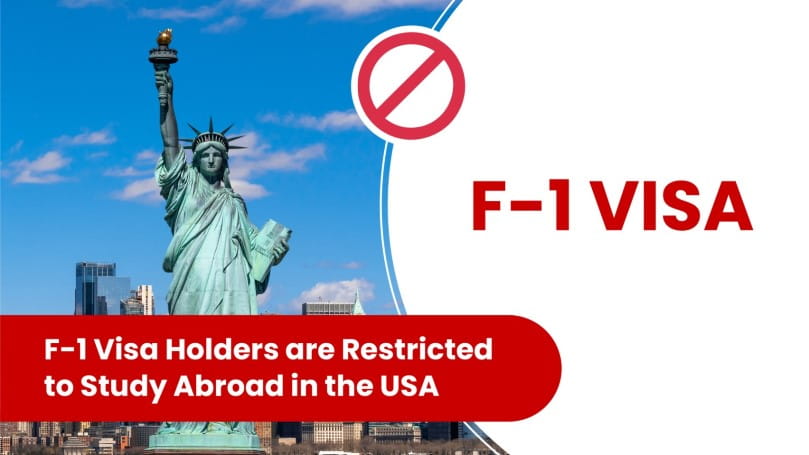The USA government has put a restriction on F-1 student visa holders. International students in the US will no longer be allowed to study abroad for more than five months, which some believe could be an accidental result of a recent policy change.
USA Limits the Study Duration of the F-1 Visa Holders
New rules from the US immigration agency say that F-1 visa holders can only join study abroad programs that last less than five months to keep their student status in the USA. Although the five-month absence rule has existed for a long time, it didn’t apply to students studying abroad as long as they were still enrolled at a US school.
These changes, which started on August 27, were noticed by Minerva University but have mostly gone unnoticed by other universities.
Mike Magee, president of Minerva University, said that many US universities offer study abroad programs longer than five months, but international students on F-1 visas are now unable to join these great opportunities.
“We believe the US government wanted to make the rules clearer with this new guidance, not limit options for students. We think the effect on students was not intended,” Magee added.
What Should the Effects of the New Rules of Studying Abroad for the F-1 Visa Holders?
The sudden policy changes will affect students graduating this year who had planned their studies and careers based on the old rules. Now, they could lose their F-1 visa status and miss out on work opportunities.
Minerva University in San Francisco is asking for the policy to be reconsidered, considering the unique needs of international students and the importance of flexible study abroad programs. They believe this would align with the US’s goal of promoting global educational partnerships.
“The government website makes extending study abroad beyond five months sound easy, but it’s very difficult, almost impossible,” said Magee.
While Magee didn’t see this as an intentional effort to harm international students, he warned that the policy change could have serious effects on many of them.
In its response to the US immigration agency, Minerva explained that the new policy applies the five-month absence rule to study abroad programs. This means students can no longer keep their active visa status and will need to get a new I-20 (which costs money) even if they stay enrolled at an SEVP-certified school during their study abroad.
With this new rule, if a student’s study abroad program lasts longer than five months, they will lose their active status, which could also affect their eligibility for OPT (Optional Practical Training).
However, students with F-1 visas can no longer participate in full-length study abroad programs. To protect their student visas, the university has begun flying 150 students back to the US from Europe.
According to the new policy, these students must stay in the US for a whole academic year before they can study abroad again.
Keep your eyes on AIMS Education to get more updates about studying in the USA.

AIMS Education is a reliable study abroad consultancy firm guiding students in selecting courses, and universities and helping them apply and secure their student visas. Also, AIMS Education is a British Council-certified agent and is listed on the British Council’s global agent list. We provide student recruitment services in the UK, USA, Australia, Canada, Hungary, Poland, Denmark, Malta, Finland, France, Germany, Austria, Spain, Sweden, Malaysia and UAE. Not only this but also AIMS Education is an ICEF Accredited Agent, UCAS Registered Centre, Expatrio Partner, PTE and Language Cert Partner. With an almost 98% student satisfaction rate and 10+ global awards, AIMS Education is now a name of trust among study abroad aspirants.

